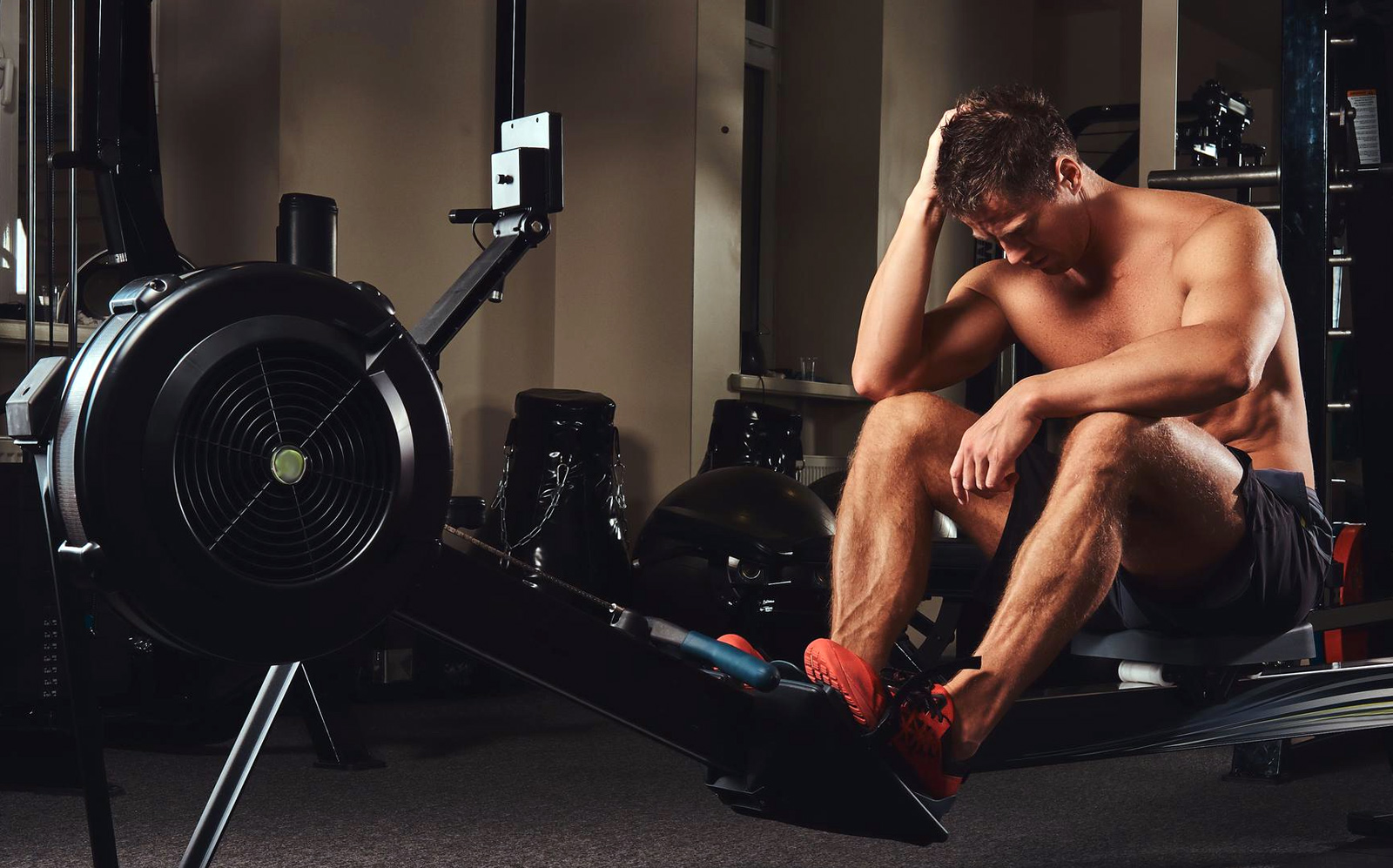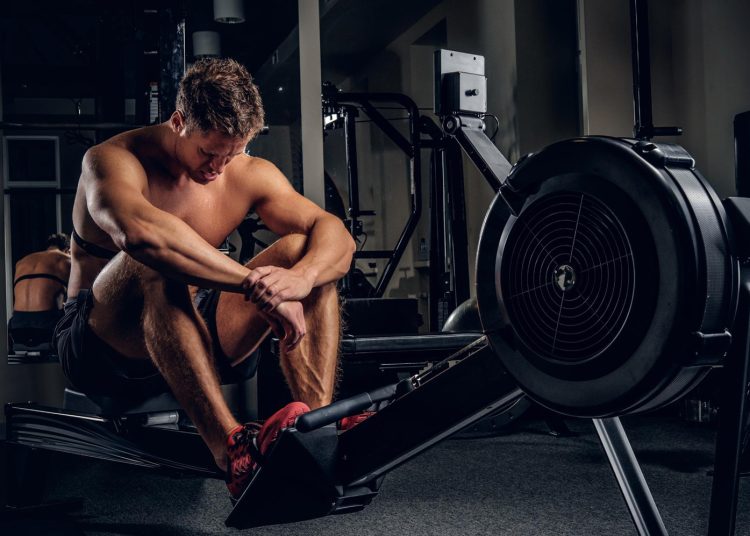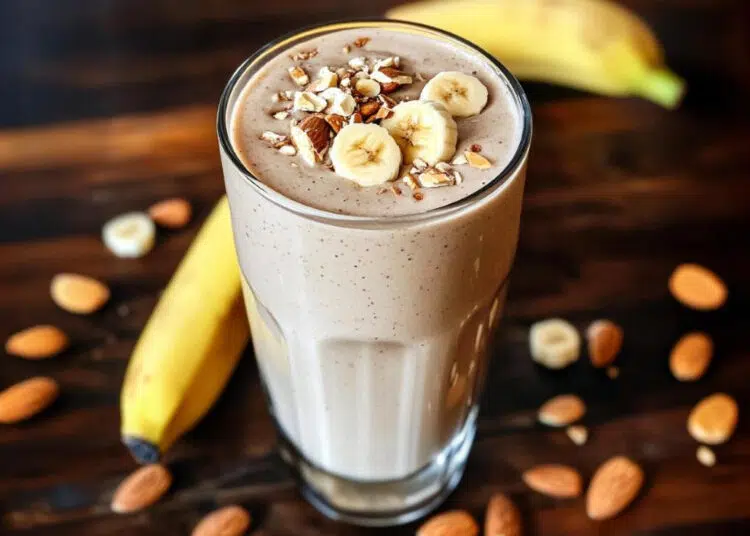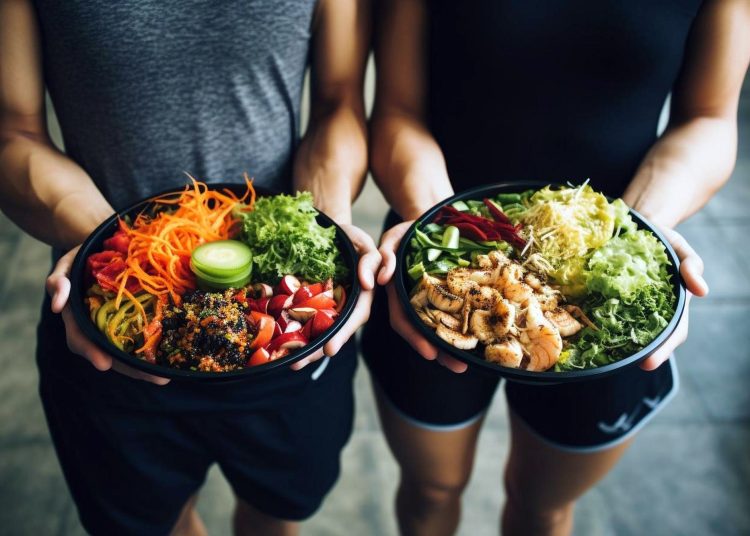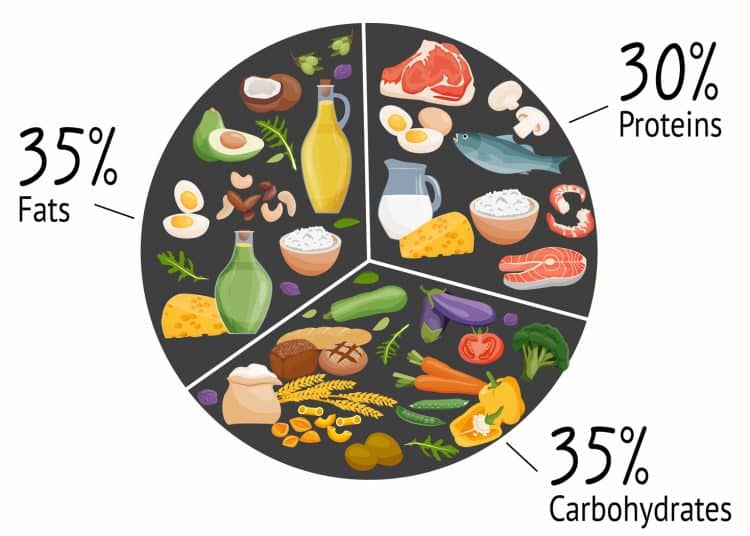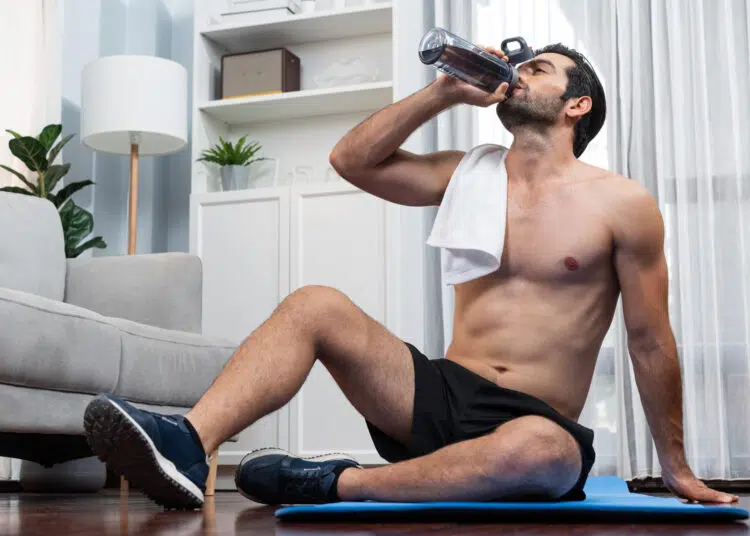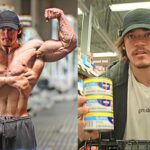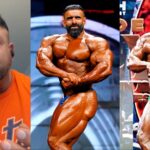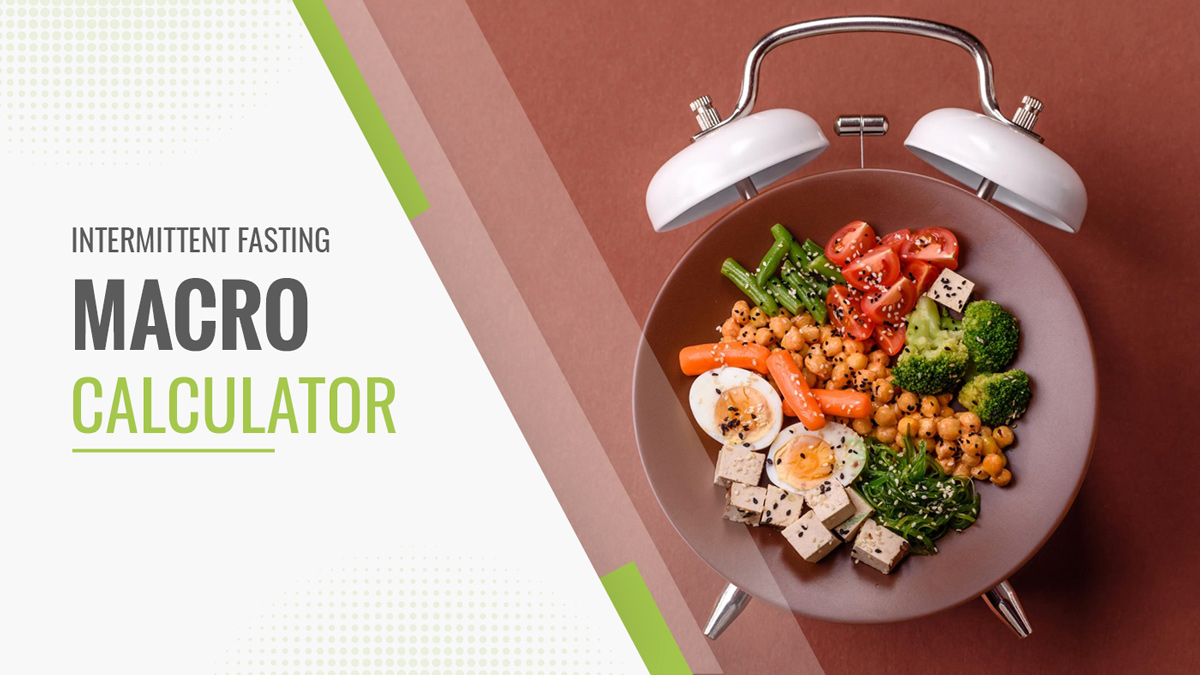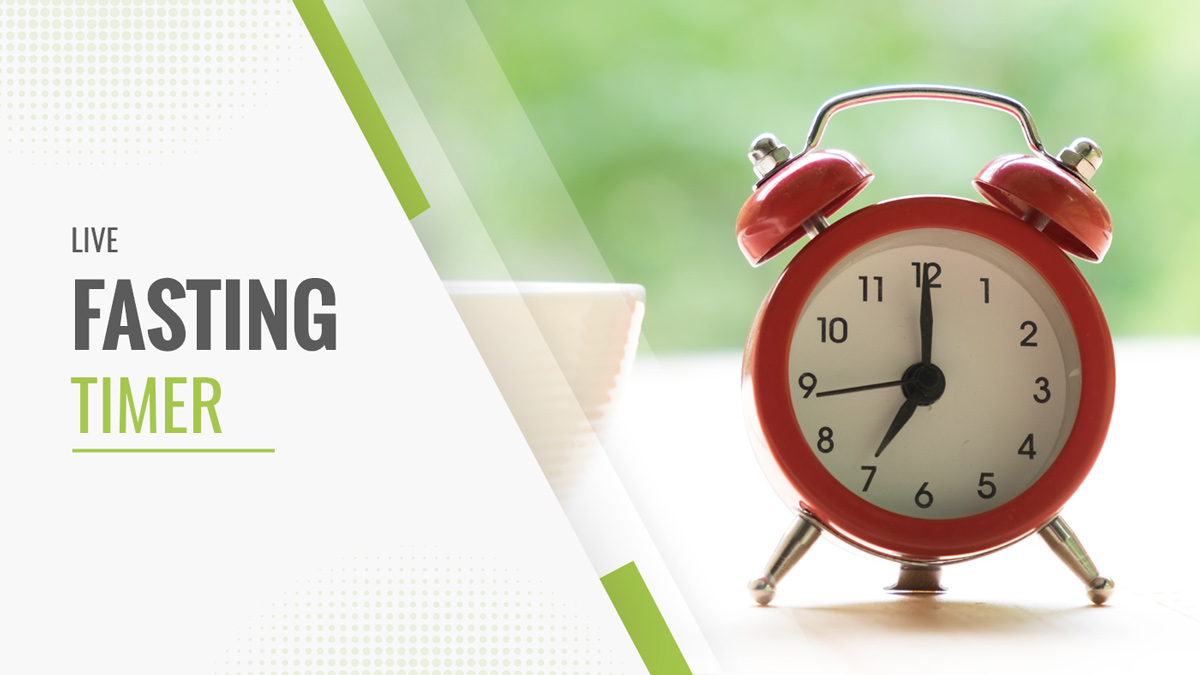Nothing is more satisfying than a post-workout muscle burn. However, this is where the real dilemma starts. What should you consume to maximize muscle repair, growth, and adaptations?
The problem is that protein shakes have become synonymous with post-work nutrition, and most people never think beyond them. While whey protein can kickstart recovery, your muscles need a whole lot more to ensure you achieve your maximum fitness potential.
In this article, I uncover the nine most common post-workout nutrition mistakes that athletes make that hinder their progress. I’ll also share actionable strategies to optimize your post-training routine that you can implement today.
How Post-Workout Recovery Works
Before we get into all the mistakes that could be hampering your progress, let’s talk about how post-training recovery actually works and why limiting yourself to just a protein shake might not be enough.
After a workout, your muscles are more sensitive to insulin, which helps shuttle glucose and amino acids into muscle cells, kicking off the recovery and growth processes.
While you don’t have to gulp down a protein shake right after finishing your final set to maximize muscle protein synthesis, aim to consume your post-workout meal within a couple of hours of finishing your session for optimal gains.
Pro Tip:
Be proactive and prepare your post-workout meals or snacks in advance, especially if you have a busy schedule. I recommend preparing a week’s worth of meals on your day off from work.
Prefer easily digestible food options to ensure quicker nutrient absorption. You could go for protein powder, smoothies with fruit, or even a small meal of lean protein and easily digestible carbohydrates like white rice.
1. Delaying Any Nutrition for Too Long
If you have been training for a long time, you probably have developed a post-workout routine that works on autopilot. You might take a shower first, then check your work email, and eventually grab something to eat after finishing a workout.
However, this could be undermining your efforts in the gym.
Let’s address the elephant in the room first — the “anabolic window.” Research shows that your total daily protein intake is more important than timing your protein after a workout. (1)
As a personal trainer who spends the majority of his day in the gym, I see many savvy people using this study as an excuse to completely overlook post-workout nutrition. These folks forget that these findings are just for protein, and just because you don’t necessarily have to time your post-workout protein intake doesn’t mean there is something wrong with it, and you should completely ignore it.
Lifting weights causes microtears in the muscles. Don’t worry; this isn’t anything serious. These microtears are actually necessary as they prime the muscle fibers to soak up nutrients like a sponge.
Eating right after a tough workout ensures your muscles have all the right ingredients so they can grow bigger and stronger.
2. Neglecting Carbohydrates Entirely
Let’s be honest; fitness freaks are usually obsessed with protein and undermine the importance of carbohydrates in their diet.
Carbs sometimes get a bad rap and are often linked with unnecessary fat and weight gain. However, eliminating them from your post-training meal is a big mistake.
Your body uses glycogen (derived from carbohydrates) as its primary energy source, and your glycogen stores might be completely depleted after an intense workout. Consuming the right form of carbohydrates is essential for replenishment and ensuring optimal energy levels throughout the day.
While you should definitely eliminate consumption of refined, processed carbohydrates, as they can lead to weight gain and other health issues, you must understand that all carbs are not the same. Carbs play a crucial role in our overall health and well-being.
Plus, when you consume carbohydrates, your body releases insulin, which plays a crucial role in blood sugar regulation. Insulin is also a highly anabolic hormone that can promote muscle protein synthesis and subsequent hypertrophy.
Eating Smart
I recommend choosing good-quality, unprocessed carbohydrate sources like whole grains, fruits, and vegetables after your workout. In fact, the amount of carbohydrates you need will depend on the intensity and duration of your workouts.
3. Choosing Poor Quality Carbohydrates and Protein
Many sports nutrition companies offer sugar-laden post-workout protein and energy drinks, which are absolute garbage when it comes to their impact on your health.
These processed foods and sugary drinks contain empty calories that provide energy without adding much nutritional value. They might give you an instant energy boost, but you’ll go through a much worse energy crash later.
Low-quality food sources like these lack the essential vitamins, minerals, and fiber that support recovery and overall health.
4. Over-Consuming Calories Thinking You’ve “Earned” It
As a personal trainer, I’ve seen this firsthand with several of my clients who feel they deserve a cheat meal after every tough training session. Intense workouts can burn calories, but most people overestimate just how many calories they have burned.
A little reward occasionally can be motivating, but consistently viewing your intense workouts as a license to overeat can derail your progress, especially if you’re aiming for fat loss.
Whether you want to lose weight, gain muscle, or maintain your current physique, you must be mindful of your calorie intake.
Use this total daily energy expenditure (TDEE) calculator to determine how many calories you must consume daily according to your current fitness levels and training intensity and frequency.
5. Focusing Solely on Macronutrients and Ignoring Micronutrients
Fitness enthusiasts usually only think about macronutrients while completely ignoring the micro. Remember, it is the small details that really matter when it comes to achieving your fitness goals. Overlooking the micronutrients can shatter your transformation objectives.
Think of macronutrients as the primary building materials for your body, while micronutrients are essential tools and support crew that ensure everything functions correctly.
Micronutrients are crucial for muscle repair, reducing inflammation, supporting immune function, and facilitating energy production.
When you consistently push your body to the limits in your workouts, your requirement for some vitamins and minerals might increase. For instance, athletes often have higher B vitamins and antioxidant needs.
Aim to achieve your micronutrient needs through a balanced diet, but consider adding a multivitamin to your routine to plug any gaps.
6. Not Considering the Pre-Workout Meal’s Impact
We have spent a good amount of time discussing what you should do after your workout. But let’s take a step back and talk about what you should eat before your training session, as it can have a significant impact on how you feel after completing your workout.
Contrary to what most people think, your pre-workout meal isn’t just about ensuring that you have enough energy to power through your session. It can also play a crucial role in the recovery process.
The timing and composition of your pre-workout meal can directly affect your post-workout nutritional needs.
While consuming carbs before a workout will give you more energy, consuming protein can create a positive nitrogen balance, potentially reducing muscle breakdown during the session.
Nutritionists recommend consuming a balanced meal containing carbohydrates and protein about 1-3 hours before your workout. Again, the exact timing will depend on your unique lifestyle, but this is the window you should target.
Experiment with different timings until you find what works best for you.
7. Insufficient Hydration Post-Workout
Make no mistake: you can have the perfect post-workout meal but still get suboptimal results if you’re not adequately hydrating.
The human body is 75 percent water, and it plays a crucial role in just about every bodily function, including nutrient transportation, maintaining body temperature, and waste removal.
All in all, your body simply cannot operate at its best if you’re not drinking enough water.
You lose a significant amount of water via sweat during intense workouts or if you train in a warm environment. Failing to refinish these lost fluids can lead to dehydration, which can cause impaired recovery, reduced performance, headaches and dizziness, and an increased risk of injury.
So, how can you ensure you’re adequately rehydrated after a workout? I’m glad you asked.
It all begins with drinking enough water. The catch here is that the ideal intake for you will vary depending on factors like your body weight, workout intensity, and general lifestyle. However, everyone must aim to drink at least a gallon of water daily.
Coach Tip: Use this neat calculator to determine your exact water intake goal.
Instead of chugging down a gallon of water within a couple of hours, sip on water throughout the day to allow for proper absorption.
Monitoring your urine color is one of the most effective ways to gauge your hydration status. Aim for pale yellow urine, as it indicates good hydration.
8. Ignoring Electrolytes
Electrolytes are tiny electrical conductors in your body and are essential for a whole range of functions. You lose them through sweat during an intense workout, and ignoring their replenishment can hinder your recovery and performance.
Sodium, potassium, magnesium, and calcium are the most important electrolytes. They help maintain fluid balance, nerve function, muscle contractions, blood sugar control, and blood pressure regulation.
Muscle cramps, chronic fatigue, and impaired performance are the most common consequences of an electrolyte imbalance.
Electrolytes are essential for smooth body functioning, especially during and after intense physical activity. This is also the reason why electrolyte supplements are such a hit among endurance athletes.
Incorporate electrolyte-rich foods like leafy green vegetables and dairy products like milk and yogurt into your post-workout meals.
Serious athletes should consider electrolyte supplements, especially if they train in hot conditions. However, you must be cautious of sugary options and opt for the cleanest options you can find.
9. Following Generic Advice Without Individualization
Post-workout recovery is highly personal. What works wonders for one person might not work for another.
Blindly following a cookie-cutter routine might get you some quick results initially, but you’ll soon end up in a plateau.
You must evaluate your training intensity and duration, metabolism, fitness goals, dietary preferences, and restrictions while constructing your post-workout nutrition routine.
Learn to listen to your body and look for signs you can use as feedback to tweak your program. For instance, consider adding more volume to your meals if you consistently feel hungry after your post-workout meals.
Things To Consider
Consistently making poor food choices after an intense workout can have several negative consequences, like inflammation, digestive issues, and suboptimal recovery. This is what you should do:
- Say No To Processed: They provide minimal nutritional value and can hamper your recovery. Avoid candy bars, cookies, sports drinks, and overly processed protein bars.
- Complex Over Simple: Always prioritize complex carbs like sweet potatoes and whole grains over simple sources as they ensure a constant energy supply throughout the day.
- Be Complete: Opt for complete proteins, typically found in animal sources, as they contain all nine essential acids necessary for optimal muscle protein synthesis.
- Limit Excessive Saturated and Unhealthy Fats: Excessive intake of saturated and unhealthy fats after a training session can slow down digestion and interfere with nutrient absorption.
Balance your carbohydrate and protein intake in your post-workout meals to optimize muscle recovery and growth.
Conclusion
If you have been training hard but are not seeing the desired results, chances are that your post-workout nutrition is not up to the point. The nine mistakes explained in this article will expose any gaps in your diet and help you break through the overhead ceiling.
References:
- Schoenfeld BJ, Aragon AA, Krieger JW. The effect of protein timing on muscle strength and hypertrophy: a meta-analysis. J Int Soc Sports Nutr. 2013 Dec 3;10(1):53. doi: 10.1186/1550-2783-10-53. PMID: 24299050; PMCID: PMC3879660.


